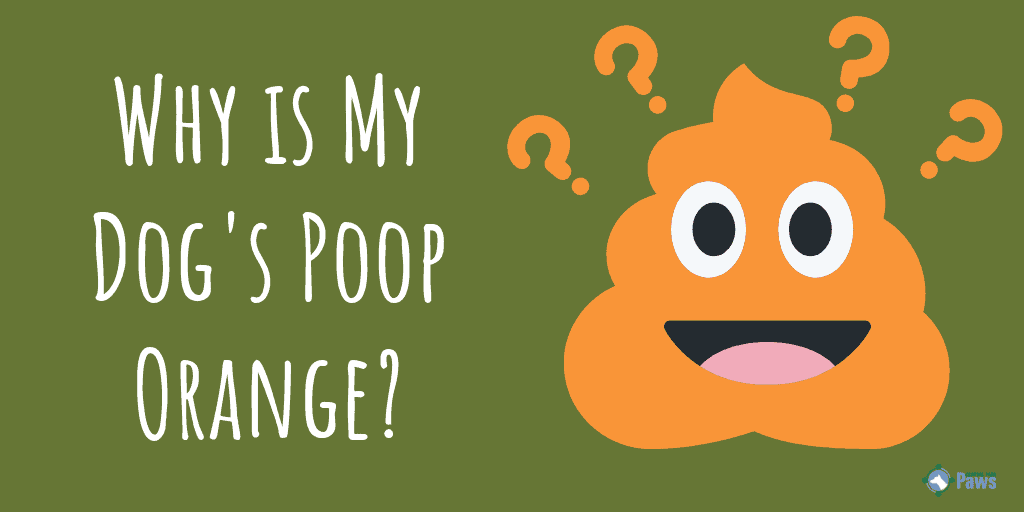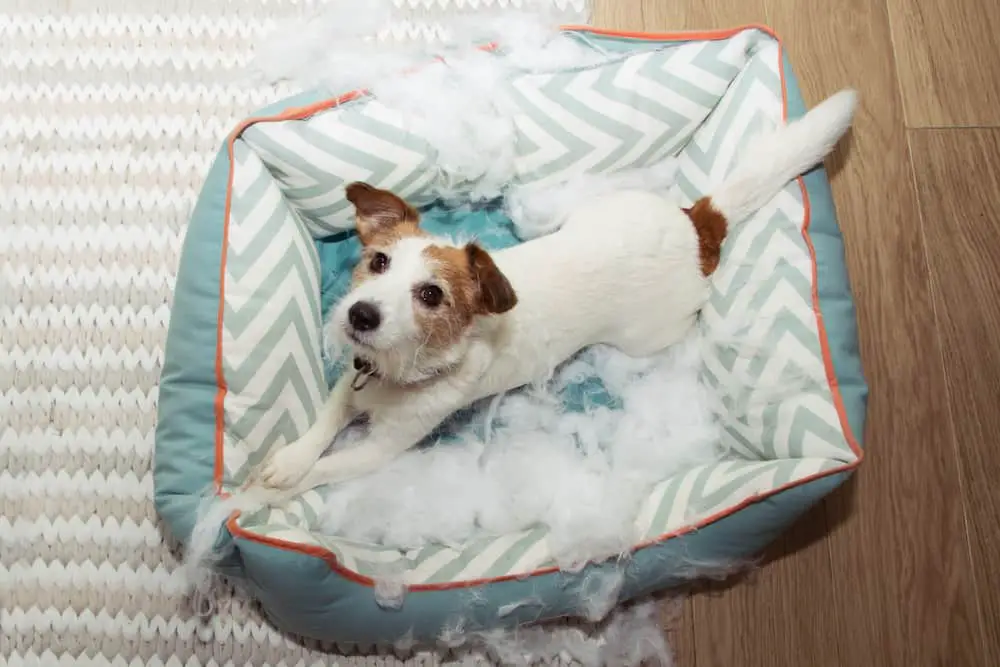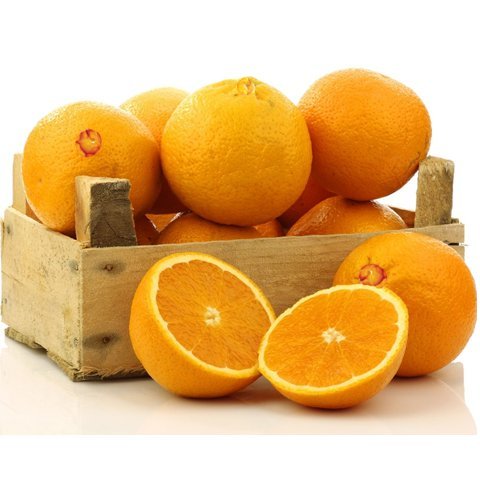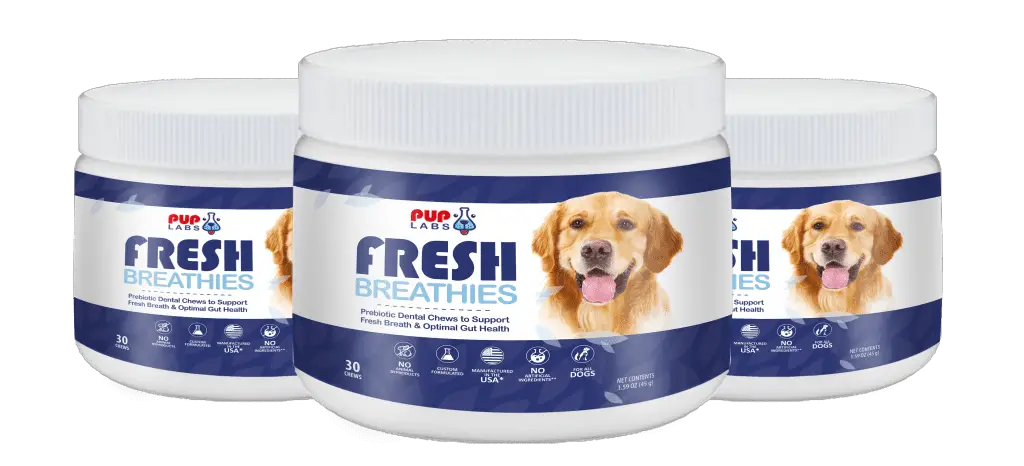Poop… Everyone’s favorite subject!
Okay, likely, it’s no one’s favorite subject, but it is still a critical topic to discuss.
If your dog is suddenly pooping orange, you may have a lot of questions:
- Why is my dogs poop orange and runny?
- What does orange poop mean in dogs?
- How do I treat orange poop in dogs?
Orange dog poop, or any color change in your dog’s poo, often indicates a shift in their health or diet.
Odd as it sounds, knowing your dog’s normal bowel movement frequency, color, and consistency is vital in knowing if there are possible health issues with your dog.
Changes as subtle as the frequency of BMs, as apparent as dog diarrhea, or as evident as a different poop color should all be regarded as possible early warning signs.
Related: Is Your Dog Having Trouble Pooping? What to Do
According to Dr. Jen Gale DVM, Blaine Central Veterinary Clinic, common reasons why dog poo is orange is due to liver disease, inflammatory bowel disease, and diet.
Why a Dog’s Poop is Brown
Healthy dog poop is brown. It is good to know why poop is brown since it can help determine what went wrong to make it orange or any other odd color.
Bile carries a pigment, Bilirubin1, that is responsible for making your dog’s poop brown. Bilirubin is naturally yellow, but during the digestion process it creates a brown product.
Bile is an essential element2 in digesting the food consumed by your dog
Your dog’s liver produces bile, which is transported to the gallbladder for storage. Bile stays in the gallbladder until it is secreted into the small intestine to aid in food digestion.
Related: Why Do Dogs Eat Goose Poop and Is It Safe?
Causes of Orange Dog Poop
Often, but not always, orange dog poop signifies there are issues with the liver, gallbladder, or pancreas.
Liver Disease
Liver disease occurs when the liver is unable to function correctly.
The liver helps to remove toxins, aids in blood clotting, and helps digest food.
When there are issues with the function of the liver it could impact the production and release of bile, which in turn would affect the color of your dog’s poop.
Healthy dog poop can range from light to dark brown.
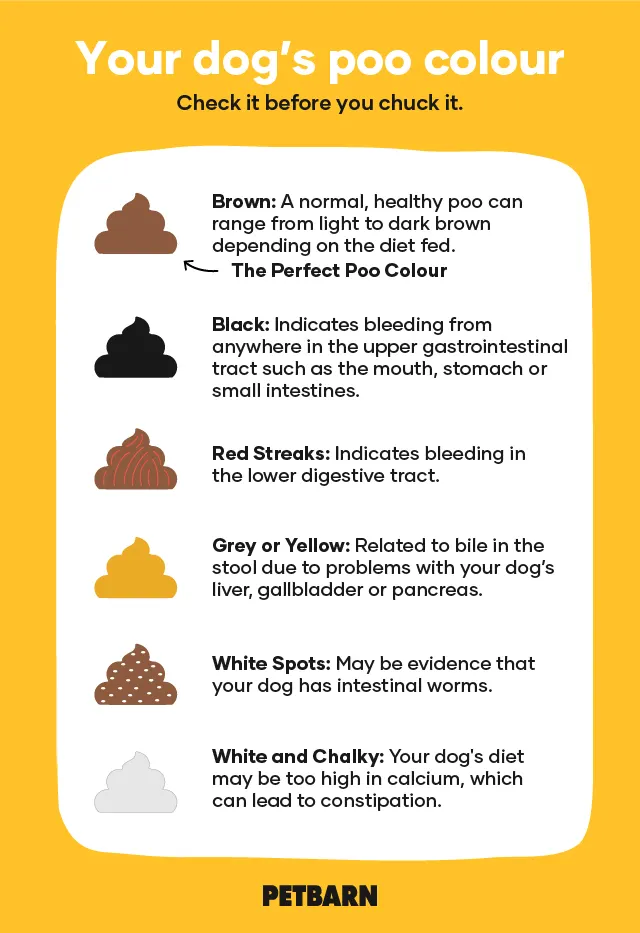
Symptoms of Liver Disease
- Jaundice3 – Yellowing of the eyes, tongue, or gums
- Vomiting and/or diarrhea
- Loss of appetite and weight loss
- Increase in thirst
- Increased need to urinate
- Loss of strength or coordination
- Blood in urine or poop
- Discoloration of poop
- Fluid retention in the abdomen
Causes of Liver Disease
- Poisonous plants like ragwort, certain mushrooms, and blue-green algae
- Diseases or illnesses like diabetes, Leptospirosis cancer, and heartworms
- Injury to the liver
- Tumor
- Medications like painkillers
There are also rare cases of orange dog stool being caused by a deficiency in a certain enzyme (phosphofructokinase) due to a mutation of a specific gene4.
Inflammatory Bowel Disease (IBD)
Unfortunately, this is something Calvin suffers from so, we are all too familiar with this painful disease.
IBD is precisely that: inflammation of the bowels.
Symptoms of IBD
- Severe abdominal pain
- Lethargy
- Loss of appetite
- GI upset stomach – vomiting and diarrhea
- Terrible flatulence (Sounds odd, but for Calvin, it was at least every 30 minutes)
- Loud gurgling and burbling noises coming from their stomach
- Blood in stool
- Discoloration in poop
Causes of IBD
No one cause is known for IBD, though it is frequently related to food allergies5 to meat proteins, dog food additives, artificial coloring, preservatives, milk proteins, and wheat.
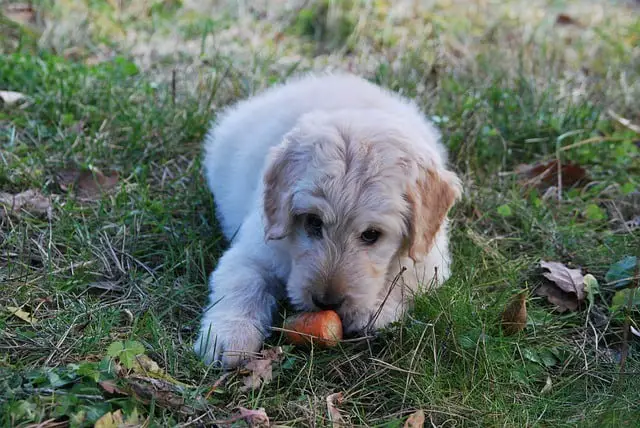
Cholestasis
Cholestasis is a rare condition in which the bile duct has an obstruction6.
The obstruction causes a lack of bile to flow, causing the poop to be discolored.
Symptoms of Cholestasis
- Jaundice
- Excessive hunger
- Weight Loss
- Discolored Stools
- Orange urine
- Progressive tiredness
Causes of Cholestasis
- Gallstones
- Abnormal growth or tumor in the gallbladder
- Pancreatitis
- Intestinal parasite
- Pain or discomfort
- Infection
- Injury
- An abdominal surgery side effect
Food and Treats
Foods and treats that contain artificial or natural pigments can cause the stool to change color. Consuming these treats, usually in larger quantities, can cause dog feces to be orange.
Carotenoids are the natural orange pigment found in foods like carrots, sweet potatoes, and squash, all of which can cause your dog’s poop to be orange.
If your dog has recently consumed foods high in carotenoids and they do not show any symptoms listed above, it is safe to assume the cause is diet and not disease related.
What to Do if Your Dogs Poop is Orange
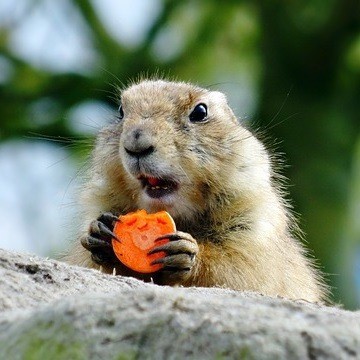
If there is a concern that your dog is suffering from one of the earlier mentioned illnesses you will want to contact your veterinarian.
If the symptoms are severe, consider bringing your dog into the emergency vet hospital if your vet clinic is closed.
Severe symptoms include, but are not limited to, jaundice, orange urine, signs of pain or discomfort, lethargy, and blood in either their stool or urine.
Liver Disease
The vet will run a series of tests to determine if your dog has liver disease. Tests may vary on the vet’s findings and your dog’s response to treatment.
- Blood work panel to check the liver values
- X-rays
- Ultrasound
Treatments
- Diet changes
- Medicine changes
- Treatment to injury
- Treatment of the primary disease like heartworm, cancer, leptospirosis, and diabetes
Inflammatory Bowel Disease
The vet will run similar tests to those conducted for liver disease.
There is no cure for IBD, but proper management can treat the symptoms and decrease the number of flare-ups.
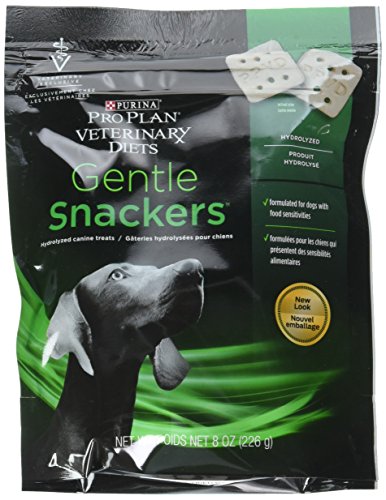
- Blood work to check the liver values
- X-rays
- Ultrasound
- Endoscopy
IBD Treatments
- Antibiotics
- Acid reducers
- Changing diet
- Immunosuppressive drug therapy
Cholestasis
A detailed history of your dog’s health, diet, and activities are used to help diagnose Cholestasis.
In addition to the dog’s health history, a series of tests will aid in the overall diagnosis.
- X-rays
- Blood work
- Urinalysis
Cholestasis Treatments
- Gallstone removal
- Treatment for primary disease or illness
- Treatment for injury
- Antibiotics
Conclusion
Poop isn’t fun to look at and analyze, but it could mean the difference between early detection of a disease or one that has manifested into something more life-threatening.
Prevention is always our first choice, but sometimes there aren’t preventative measures, and we can hope that we see the signs and symptoms early enough to help ensure a favorable outcome.
FAQs
What Other Color Poop Should I be Concerned About?
Pretty much all colors other than brown.
Black can mean internal bleeding, green can mean parasites, and white specs throughout the poop could mean worms.
I could go through a whole rainbow of colors and possible causes, but the bottom line is if it doesn’t look right, call and check with your vet.
What Does a Healthy Dog’s Poop Look Like?
Healthy bowel movements should be brown, firm but not hard, and without a blood or mucus coating.
What are the 4 C’s of Dog Poop?
Color, Coating, Content, and Consistency.
We’ve already discussed the color and coating, but content means foreign objects your dog consumed and consistency refers to if they have diarrhea or constipation issues.
Resources
- https://www.nomnomnow.com/learn/article/what-your-dogs-poop-is-telling-you
- https://www.ncbi.nlm.nih.gov/pmc/articles/PMC5948804/
- https://www.merckvetmanual.com/dog-owners/digestive-disorders-of-dogs/disorders-of-the-liver-and-gallbladder-in-dogs#:~:text=Signs%20that%20a%20dog%20has,the%20abdomen%2C%20excessive%20urination%20and
- https://pubmed.ncbi.nlm.nih.gov/19228357/
- https://www.petmd.com/dog/conditions/digestive/c_dg_inflammatory_bowel_disease
- https://wagwalking.com/condition/cholestasis

